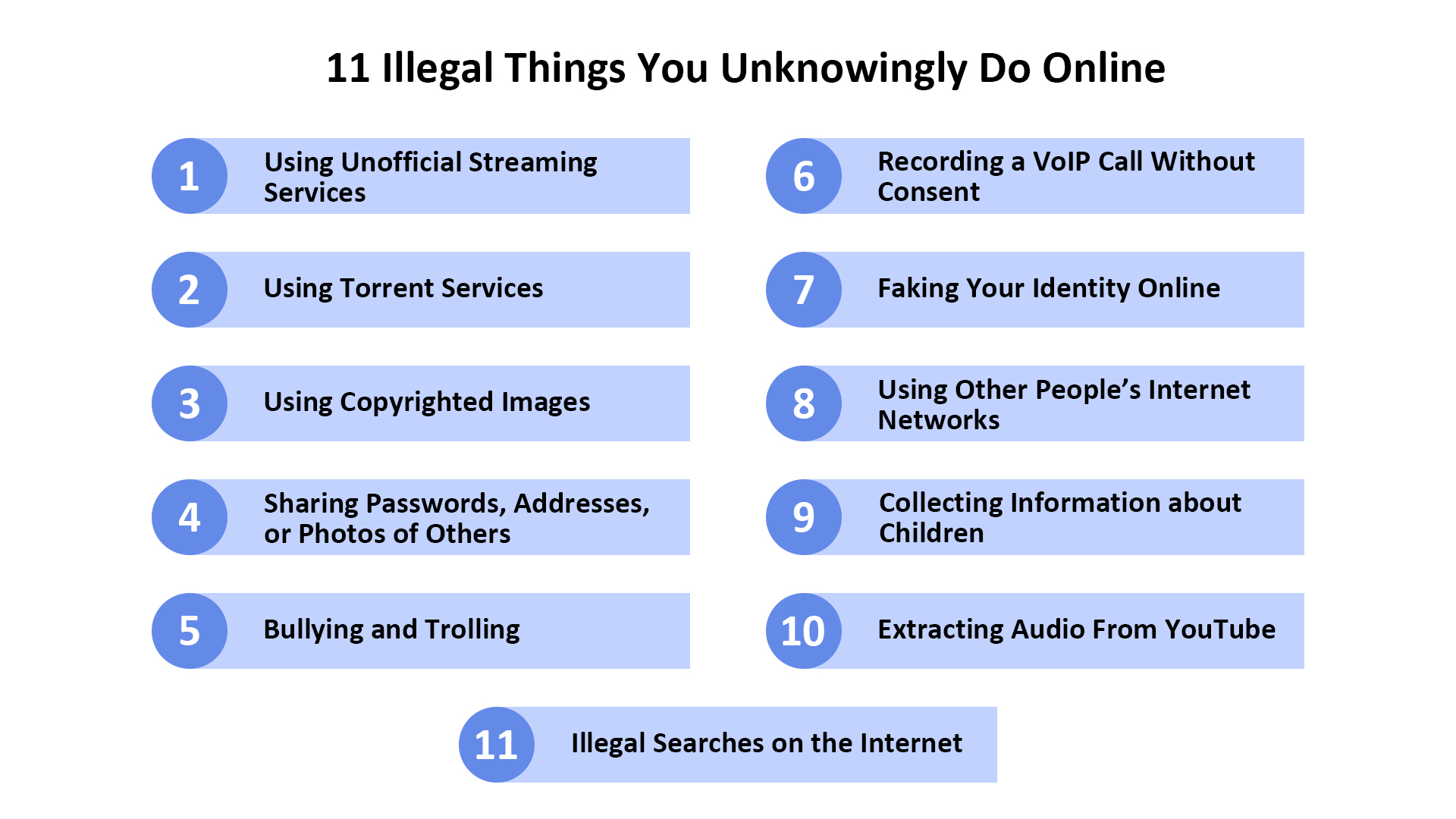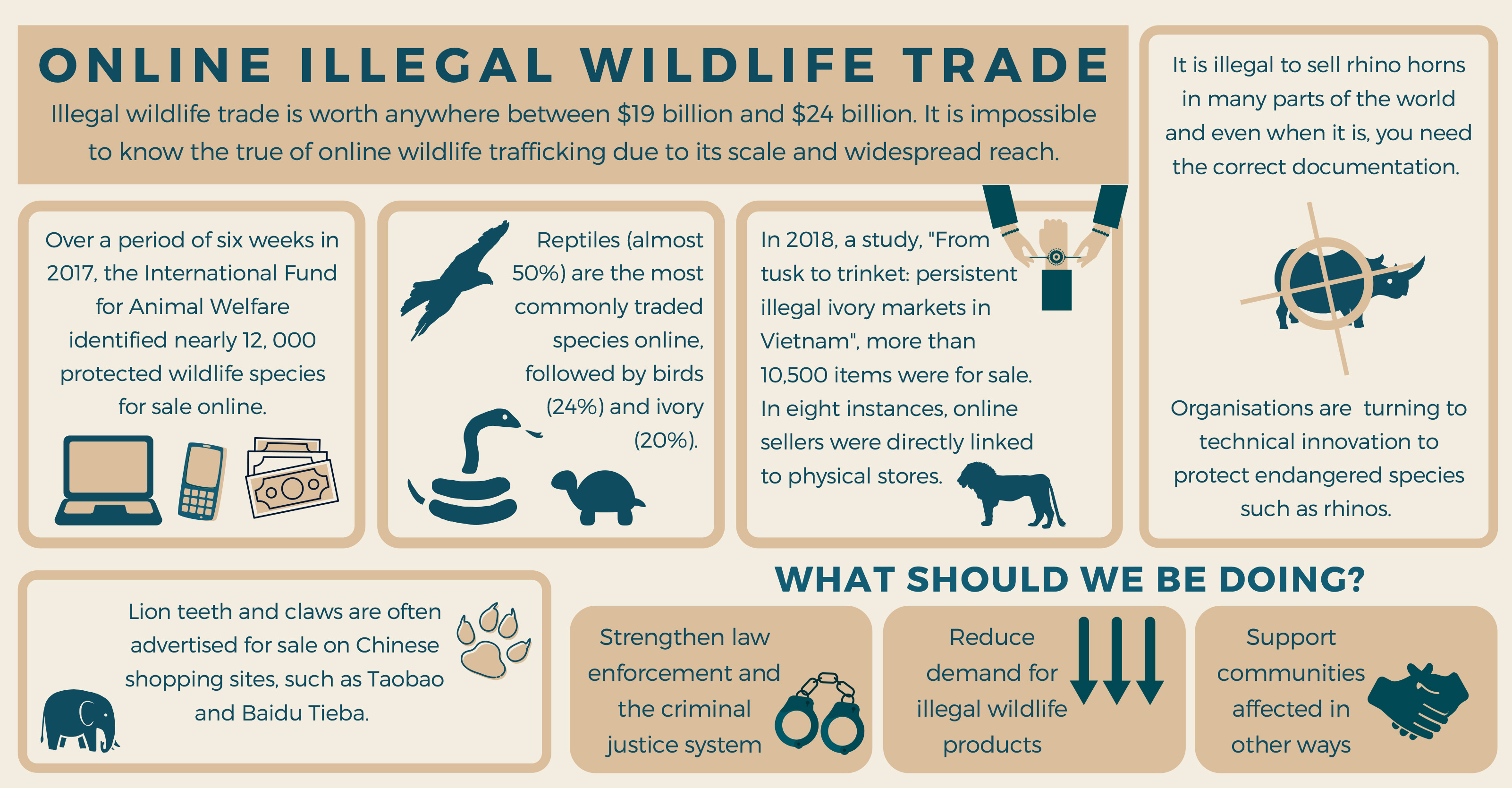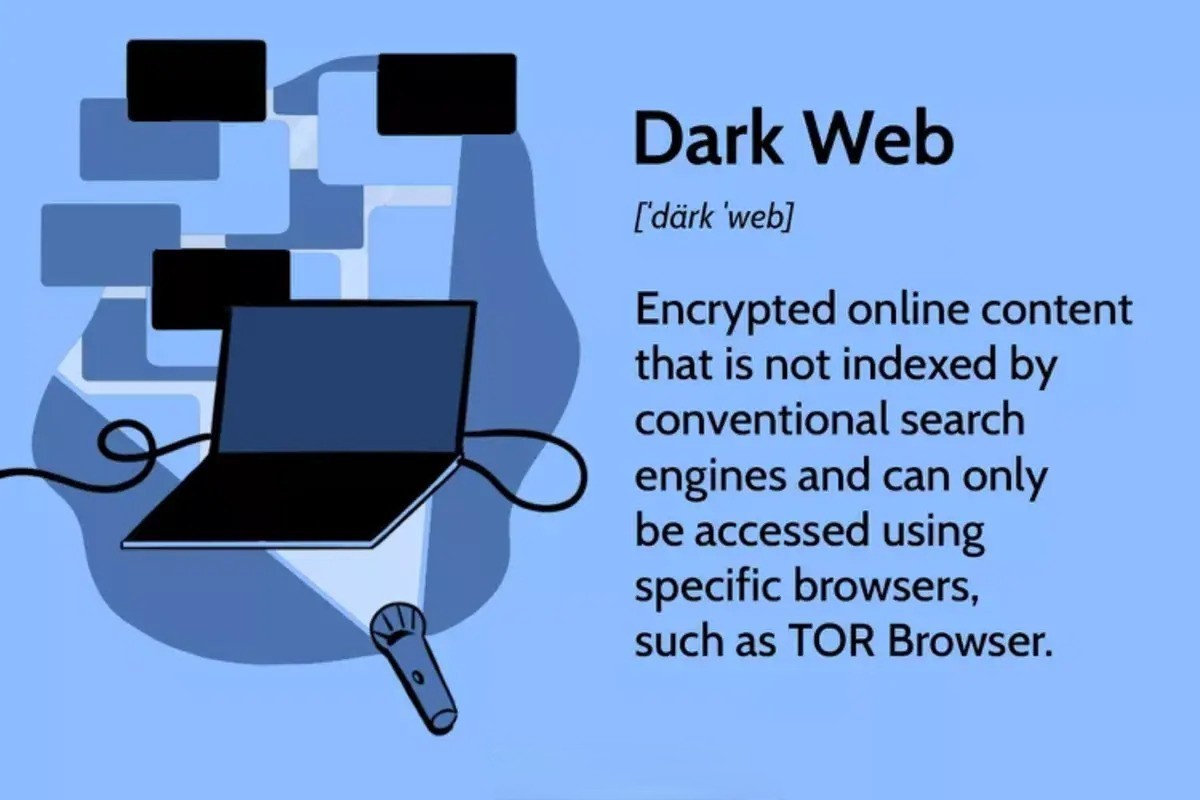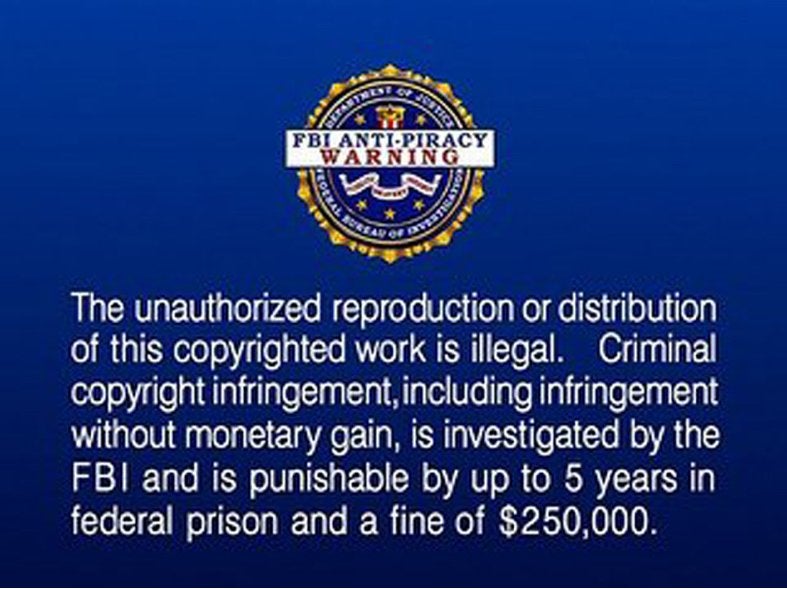What Is Illegal To Look Up On The Internet

In an era defined by instant access to information, the internet seems boundless. Yet, this perceived freedom masks a complex web of legal restrictions that dictate what information we can and cannot seek online. Unknowingly, millions cross these lines daily, potentially exposing themselves to severe legal repercussions.
This article delves into the murky waters of illegal online searches, clarifying the types of content that can land you in legal hot water. It's crucial to understand that while the internet may feel anonymous, your digital footprint is far from invisible. Ignoring these legal boundaries can have serious consequences, from hefty fines to imprisonment.
Defining Illegal Searches
The legality of an online search isn't always straightforward. It largely depends on the content itself and the intent behind the search.
Simply searching for something illegal doesn't automatically make you a criminal, but it can trigger red flags for law enforcement. The line is crossed when the search is coupled with an intent to commit a crime or access prohibited materials.
Child Sexual Abuse Material (CSAM)
Perhaps the most universally condemned and heavily prosecuted area is the online searching, possession, or distribution of Child Sexual Abuse Material (CSAM). The mere act of searching for such content can be enough to warrant an investigation.
Law enforcement agencies worldwide employ sophisticated tracking methods to identify and prosecute individuals involved with CSAM. Penalties are severe, often involving lengthy prison sentences and mandatory registration as a sex offender.
Organizations like the National Center for Missing and Exploited Children (NCMEC) work tirelessly to combat CSAM, reporting instances of online exploitation to law enforcement.
Terrorism and Extremist Content
Searching for information related to terrorist activities or extremist ideologies is another area fraught with legal risk. Laws prohibiting the support of terrorism have been broadened to include online activities.
This includes searching for bomb-making instructions, propaganda materials, or information that promotes violence or hatred. While researching current events is not problematic, repeated searches on extremist ideology coupled with online activities may lead to questioning by law enforcement.
The Counter-Terrorism Internet Referral Unit (CTIRU) in the UK, for instance, works to remove terrorist content and investigate individuals accessing it.
Illegal Goods and Services
Searching for illegal goods or services, such as drugs, weapons, or stolen items, can also attract legal scrutiny. This is especially true if the search is coupled with attempts to purchase or acquire these items.
Online marketplaces operating on the dark web are notorious for facilitating the sale of illegal goods. Engaging with these platforms, even through simple searches, carries significant risk. Remember, law enforcement actively monitors dark web activity.
The FBI's internet crime division works to combat online criminal activities.
Copyrighted Material and Piracy
While less severely punished than CSAM or terrorism-related searches, searching for and downloading copyrighted material illegally (piracy) is still a violation of copyright law. This includes movies, music, software, and books.
While simply searching for a pirated movie might not result in immediate legal action, downloading or distributing the content certainly will. Copyright holders actively track and pursue individuals engaged in online piracy.
Organizations like the Recording Industry Association of America (RIAA) and the Motion Picture Association (MPA) are vigilant in protecting copyrighted content online.
Hacking and Illegal Access
Searching for information on how to hack into systems, access private data, or commit other forms of cybercrime is illegal. Possessing or even attempting to access data and information on hacking is considered a criminal act.
This includes searching for hacking tools, vulnerability exploits, or methods to bypass security measures. The intent to use this information for illegal purposes is key.
Many countries have specific laws against unauthorized access to computer systems and data, with stiff penalties for those found guilty.
The Role of Intent
It's vital to remember that intent plays a crucial role in determining the legality of an online search. Simply searching for information on a sensitive topic does not automatically make you a criminal.
However, if the search is linked to a plan to commit a crime, it can be used as evidence against you. Law enforcement will consider the context of the search, your online activity, and any other relevant evidence.
For instance, searching for information on how to build a bomb combined with the purchase of bomb-making materials would raise serious concerns.
Staying Safe and Legal Online
To avoid legal trouble, it's essential to be aware of the types of content that are illegal to search for online. Exercise caution when exploring sensitive topics, and avoid engaging in activities that could be construed as criminal.
Use reputable search engines and avoid visiting websites with questionable reputations. Consider using a VPN (Virtual Private Network) to protect your privacy, but remember that a VPN does not make illegal activities legal.
Ultimately, responsible online behavior is the best defense against accidentally crossing legal lines.
Looking Ahead
The legal landscape surrounding online searches is constantly evolving. As technology advances, new challenges arise, and laws are updated to address them.
The increasing use of AI in law enforcement raises concerns about potential biases and inaccuracies in the detection of illegal online activity. The algorithms need to be carefully monitored to ensure that they are fair and accurate.
Staying informed about the latest developments in internet law is crucial for navigating the online world safely and legally. A vigilant approach will ensure that your online explorations remain within the bounds of the law.














:max_bytes(150000):strip_icc()/find-people-on-the-web-3482688-45dd430a834b4906bdc5aa8951f260bd.png)



